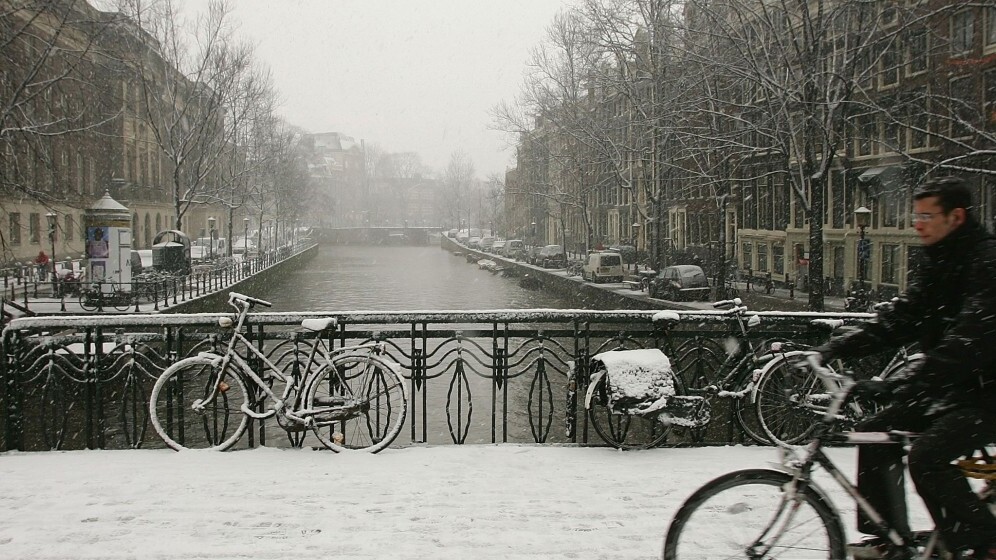
The city of Amsterdam has approved a new set of rules that allows residents to rent out their homes on Airbnb with less red tape. Previously, Amsterdam required renters to secure permits in order to list on Airbnb, a move that wasn’t exactly a ban, but did serve as an obstacle to would-be hosts.
Under the new policy, citizens can classify their houses as “Private Rentals.” They’ll still have to pay taxes on the income, and renters that cross the line into running a business may be subject to investigation.
Airbnb’s Head of Global Public Policy David Hantman celebrated the rules as “great news” for the startup’s customers.
“The new policy is also an excellent example of how policymakers can create innovative policies that embrace the sharing economy and make cities better places to live, work and visit,” he wrote in a statement.
The so-called “sharing economy,” which includes Airbnb and ride-sharing services like Uber and Lyft, has been experiencing growing pains with regulators in recent months. These new business models rarely fit into existing regulation, and municipalities have been slow to change their policies.
If Amsterdam’s “private rental” model works out, it could serve as a model for other cities that are debating how to adapt. At first glance, it seems to strike a healthy balance between private citizens and preventing abuse.
Still, this doesn’t guarantee that hosts will have smooth renting from here on out, since authorities can investigate them based on noise complaints or on suspicion that a host is running a business. TNW co-founder Boris Veldhuijzen van Zanten is looking into the specifics of the new rules and will have more to report soon.
See also: Is the clock ticking for the sharing economy?
Featured Image Credit – Getty Images
Get the TNW newsletter
Get the most important tech news in your inbox each week.





